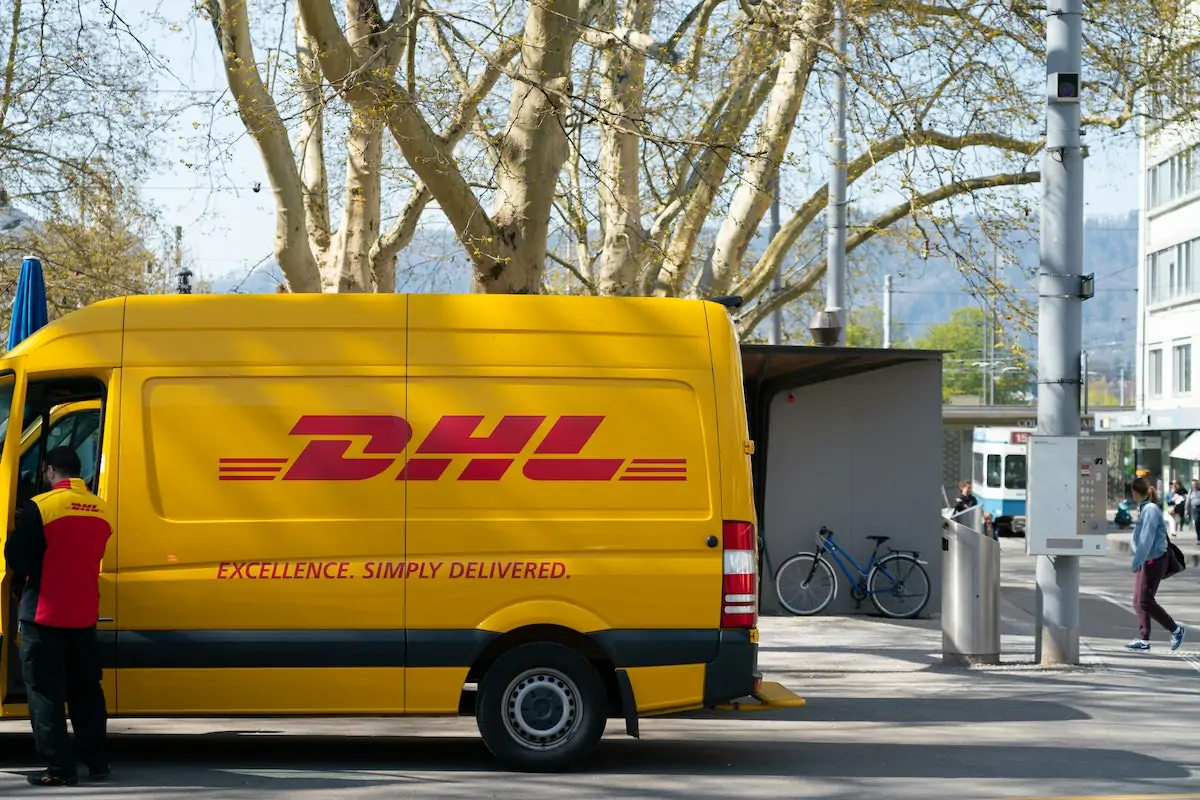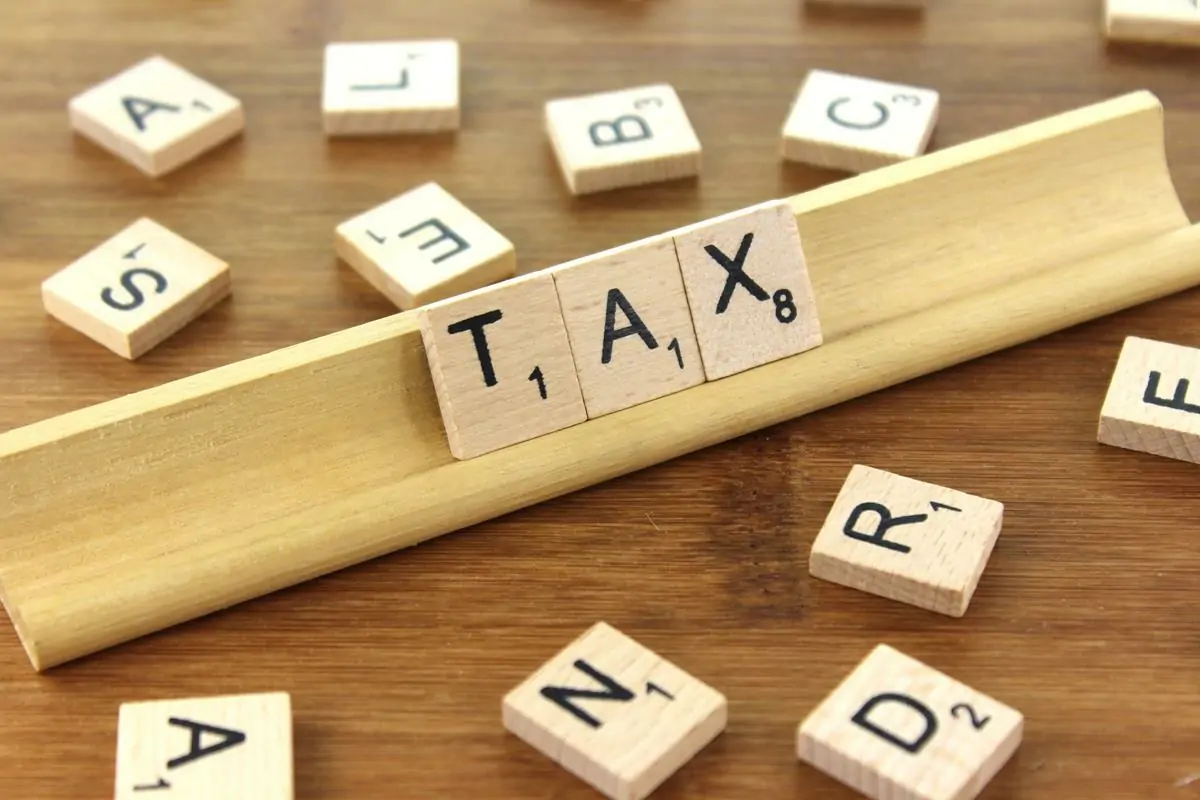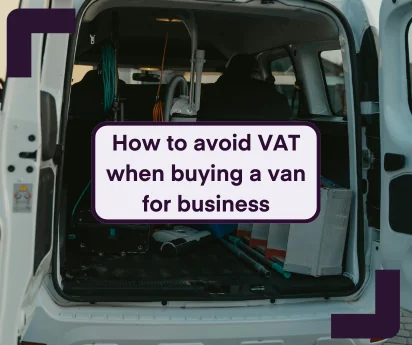
Understanding VAT on Delivery Charges in the UK
28 Feb 2020With the Coronavirus keeping consumers at home, high street businesses are feeling the hit while food delivery offerings and digital subscription services are seeing a surge in sales.
If you have an ecommerce business, or you’ve decided to go virtual, you’ll likely have some questions regarding delivery charges. Working out if you need to pay VAT on delivery charges can be a headache for SMEs across the UK. A number of rules and exemptions apply depending on the exact method by which businesses deliver their products, how postage is purchased, how much is being charged for the item being delivered, and many other factors. Here, our top London accountants will explain these rules and exemptions to explain VAT charged on delivery and postage costs.Note: Due to the Coronavirus impact, businesses will not have to make VAT payments due in the period from 20 March until 30 June 2020. They will be given until 31 March 2021 to pay any liabilities that have accumulated during the deferral period. Deferred amounts will not be subject to interest or penalties.
Do you pay VAT on delivery charges?
As with any aspect of UK tax rules, the answer is – it depends. The factors to consider are numbered below:
-
Which delivery service are you using?
If your business uses the Royal Mail for delivery to your customers, you will not pay VAT on the cost of postage, and hence you will not be able to reclaim VAT. The reason for this exemption is that Royal Mail are classed as the “universal postal service provider in the UK” and they are subject to price and regulatory control.
Businesses using courier and delivery services other than the Royal Mail, can expect to be charged VAT on delivery charges.
Related: COVID-19: Support from UK Government FAQs
-
Is the item a ‘delivered good’?
The way in which delivery is treated for VAT purposes depends on whether the item is a ‘delivered good’. A delivered good is one for which there is a delivery charge built into the overall amount paid by the customer. For example, if you are charging for goods and delivery, this is classed as a single supply of delivered goods, and hence VAT is chargeable on the total amount including postage.
If you are charging for goods but not for postage, VAT will only be payable on the goods being delivered.
Where you are delivering goods ‘on approval’ (i.e. the customer will view the goods on delivery and decide whether to buy them), this is also not classed as ‘delivered goods’, and hence VAT is payable on the postage irrespective of which items the customer purchases.
And finally, if delivery is not included in a contract to supply goods, this is also not classed as ‘delivered goods’, hence you are liable to pay VAT at the standard rate on the delivery charge irrespective of the goods supplied – this assumes the customer is based in the UK.
Is VAT chargeable on delivery of goods which themselves are VAT zero-rated?
No, the general rule is that VAT treatment for delivery would follow the supply of goods. For example, if you are delivering children’s clothes and shoes which are not subject to VAT, it follows that no VAT will be due on the delivery charge. This also applies to goods such as books, newspapers, and motorcycle helmets.
Can I claim VAT for postage costs?
Yes, if you have been charged VAT for postage services purchased by your business, then the business can claim the VAT back for those business expenses.
Related: Allowable Expenses: What Are They And How Can You Claim
What if my customer is based in the EU?
If your customer is based in the EU and they are VAT registered in that country, you will apply a zero rate of VAT for the total price charged (including postage). For this to apply, you will need their VAT number, be supplying your EU customer from stock located in the UK, and retain any proof of purchase and postage.
If they are not VAT registered, you are required to charge VAT, including on any delivery charge, as if they are based in the UK.
Related: COVID-19: Employment Law Advice & Management Tips
VAT on delivery (VAT on hot or cold food)
Food which is delivered is subject to VAT in some circumstances. For example, hot takeaway food is usually standard-rated for VAT (and if you charge for delivery, VAT will be payable). In contrast, cold takeaway food is typically zero-rated (some items are not zero-rated, including crisps, sweets, beverages and bottled water), and it follows that no VAT will be payable on the delivery of those items.
Read More: Vat In The Food Industry
Reflecting the rules in your business
The HMRC rules around VAT on delivery can be complicated, especially given they vary depending on the goods being delivered, who is making the delivery, whether it is considered a ‘delivered good’, and which country you are selling from and to.
Another complicating factor is that the rules must be accurately reflected in any business IT system, whether backend (i.e. your accounting and order fulfilment system) or front end (i.e. your eCommerce website). As such, every possible permutation has to be considered and calculated correctly, both in terms of what you charge your clients, and also the VAT you are able to claim back from the HMRC.
This can be especially difficult when tax laws change and will likely pose a significant challenge when the UK eventually leaves the EU customs union and single market - which will not only affect businesses but those whose job will change or be on the line. If it’s your job to determine how and when VAT is chargeable/payable for your business, do not leave matters to chance. By doing so, your business may be landed with a large VAT bill going back several years.
Let our team of tax experts help!
Whether you’re a sole trader, a small business, or run a large organisation, our team of tax experts and solicitors have the experience to deliver a solution specifically tailored to meeting your tax needs. We are full-service London accountants offering tax and accounting support from bookkeeping to business plans, and payroll to tax-efficient investment and VAT advice.
So, if you are in any doubt as to when and how you should be calculating VAT, speak to our friendly team today today and we’ll be able to explain your obligations in a way that’s easy to understand.
Why not get an instant quote and see for yourself how we can help you?






















